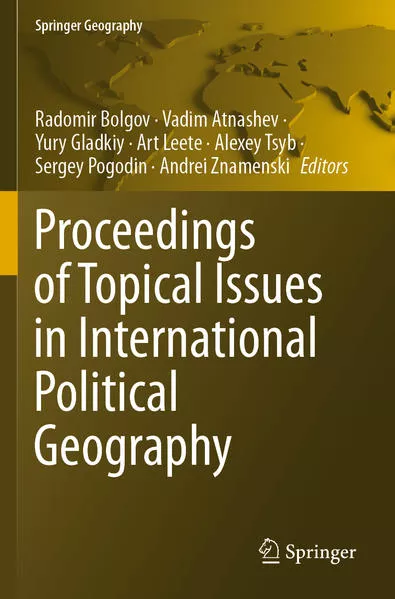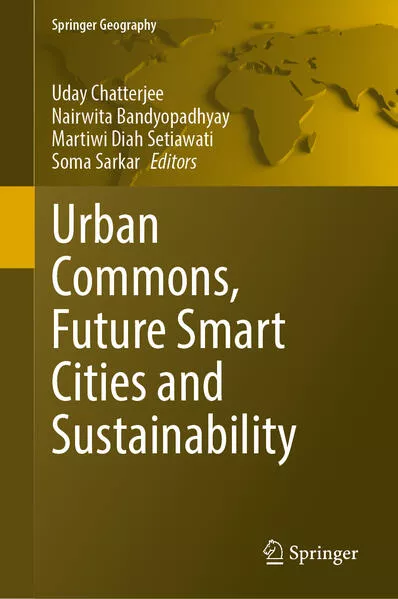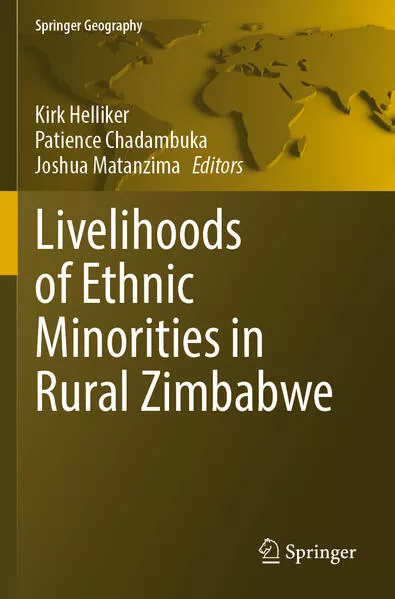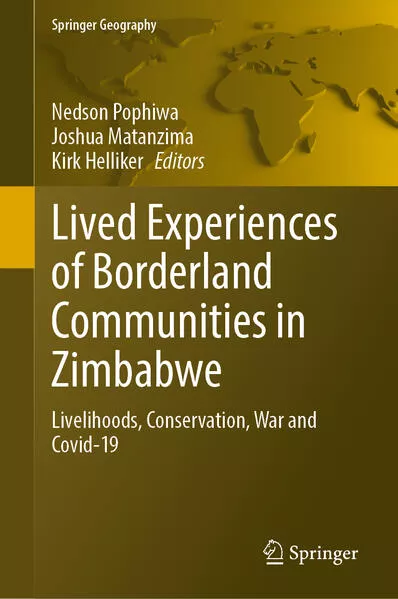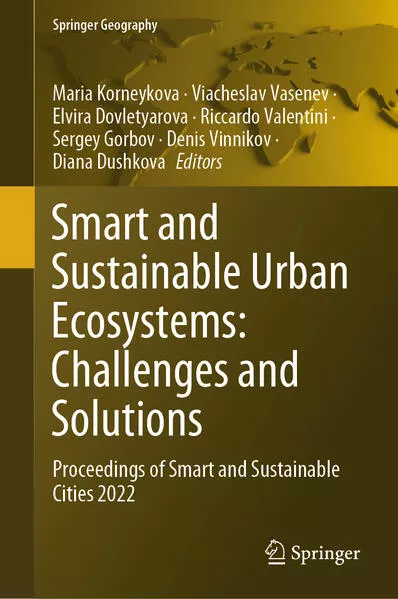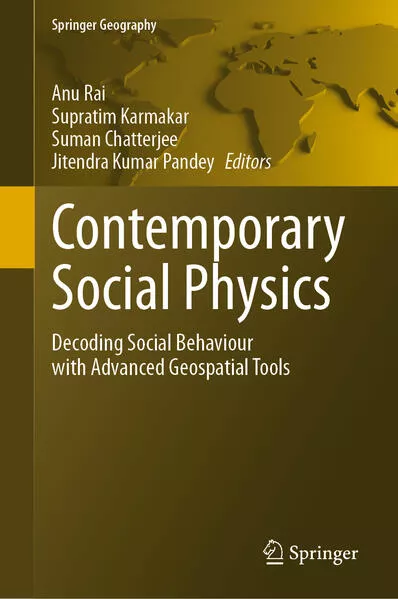Chronologie aller Bände (1 - 6)
Die Reihenfolge beginnt mit dem Buch "Proceedings of Topical Issues in International Political Geography". Wer alle Bücher der Reihe nach lesen möchte, sollte mit diesem Band von Radomir Bolgov beginnen. Der zweite Teil der Reihe "Livelihoods of Ethnic Minorities in Rural Zimbabwe" ist am 06.05.2023 erschienen. Mit insgesamt 6 Bänden wurde die Reihe über einen Zeitraum von ungefähr 3 Jahren fortgesetzt. Der neueste Band trägt den Titel "Contemporary Social Physics".
- Anzahl der Bewertungen für die gesamte Reihe: 0
- Ø Bewertung der Reihe: 0
- Start der Reihe: 09.07.2022
- Neueste Folge: 09.02.2025
Diese Reihenfolge enthält 6 unterschiedliche Autoren.
- Autor: Bolgov, Radomir
- Anzahl Bewertungen: 0
- Ø Bewertung:
- Medium: Buch
- Veröffentlicht: 09.07.2022
- Genre: Politik
Proceedings of Topical Issues in International Political Geography
- Autor: Chatterjee, Uday
- Anzahl Bewertungen: 0
- Ø Bewertung:
- Medium: Buch
- Veröffentlicht: 14.04.2023
- Genre: Politik
Urban Commons, Future Smart Cities and Sustainability
This book provides a critical theoretical framework for understanding the implementation and development of smart cities as innovation drivers, with long-term effects on productivity, livability, and the sustainability of specific initiatives. This framework is based on an empirical analysis of 21 case studies, which include pioneer projects from various regions. It investigates how successful smart city initiatives foster technological innovation by combining regulatory governance and private agency. The typologies of smart city-making approaches are thoroughly examined. This book presents the holistic approach of smart cities, which start from current issue and challenges, advanced technological development, disaster mitigation, ecological perspective, social issue, and urban governance.
The book is organized into five major parts, which reflect interconnection between theories and practice. Part one explains the introduction which reflects the diversity andchallenges of the urban commons and its regeneration. Part two covers the current and future situation of urban growth, anglomeration agglomeration, and urban infrastructure. This section includes rethinking urban sprawl: moving towards sustainable cities, drivers of urban growth and infrastructure, urban land use dynamics and urban sprawl and urban infrastructure sustainability and resilience. Part three describes climate crisis, urban health, and waste management. This section includes climate change and health impacts in urban areas, green spaces: an invaluable resource for delivering sustainable urban health, health and wellbeing and quality of life in the changing urban environment, urban climate and pollution—case study, sustainable urban waste management and urban sustainability and global warming and urban heat Island. Part four covers the ecological perspectives, advanced technology, and social impact for i.e., smart building, ecosystem services, society and future smart cities (SSC). This section includes urban ecosystem services, environmental planning, and city management, artificial intelligence and urban hazards and societal impact, and using geospatial application and urban/smart city energy conservation—case study. Part five covers urban governance, smart solutions, and sustainable cities. It includes good governance, especially e-governance and citizen participation, urban governance, space and policy planning to achieve sustainability, smart city planning and management and Internet of things (IoT), advances in smart roads for future smart cities, sustainable city planning, innovation, and management, future strategy for sustainable smart cities and lessons from the pandemic: the future of smart cities.
- Autor: Helliker, Kirk
- Anzahl Bewertungen: 0
- Ø Bewertung:
- Medium: Buch
- Veröffentlicht: 06.05.2023
- Genre: Politik
Livelihoods of Ethnic Minorities in Rural Zimbabwe
- Autor: Pophiwa, Nedson
- Anzahl Bewertungen: 0
- Ø Bewertung:
- Medium: Buch
- Veröffentlicht: 28.07.2023
- Genre: Politik
Lived Experiences of Borderland Communities in Zimbabwe
The book fits into the wider prevailing literature of border and borderlands in Africa and beyond and thus has appeal far beyond Zimbabwe. Its diverse themes also relate to topics covered in multiple disciplines, including history, anthropology, and sociology. Academics, development specialists and policy makers will benefit in different ways from the depth and breadth of the analysis in the book.
- Autor: Korneykova, Maria
- Anzahl Bewertungen: 0
- Ø Bewertung:
- Medium: Buch
- Veröffentlicht: 09.09.2023
- Genre: Politik
Smart and Sustainable Urban Ecosystems: Challenges and Solutions
- Autor: Rai, Anu
- Anzahl Bewertungen: 0
- Ø Bewertung:
- Medium: Buch
- Veröffentlicht: 09.02.2025
- Genre: Krimi
Contemporary Social Physics
This volume delves into how cutting-edge geospatial tools are revolutionizing social physics—the quantitative study of human behavior and spatial dynamics. Through real-world case studies, the book demonstrates how geospatial analysis is applied to pressing social and environmental challenges, from migration flows and resource distribution to healthcare access, crime, disaster management, and urban planning. Readers will explore how these tools reveal the complexities of human movement, socio-spatial interactions, and behavioral patterns.
The book is structured into five sections, each tackling key topics at the intersection of social physics and geospatial analysis:
- Population Dynamics and Social Behavior: Examines refugee settlements, migrations, resource allocation, and the socio-spatial impacts of political violence and the COVID-19 pandemic.
- Social Learning and Environmental Management: Highlights how social learning influences agriculture, healthcare, and environmental management, with geospatial techniques improving outcomes like riverbank stability and crop yields.
- Spatial Heterogeneity and Social Behavior: Investigates how social behavior shifts across different spatial contexts, with a focus on crime, inequality, and pandemic response, including detailed insights into Kolkata’s COVID-19 management.
- Social Physics and Sustainability: Demonstrates how geospatial tools can advance sustainability efforts, including waste management, transportation optimization, and urban planning for peri-urban areas.
Ideal for academics, researchers, urban planners, and policymakers, this volume provides innovative methodologies to address complex social, environmental, and economic challenges. Whether examining migration trends or advancing sustainability, this book equips readers with the tools to transform how we understand human behavior and space.
